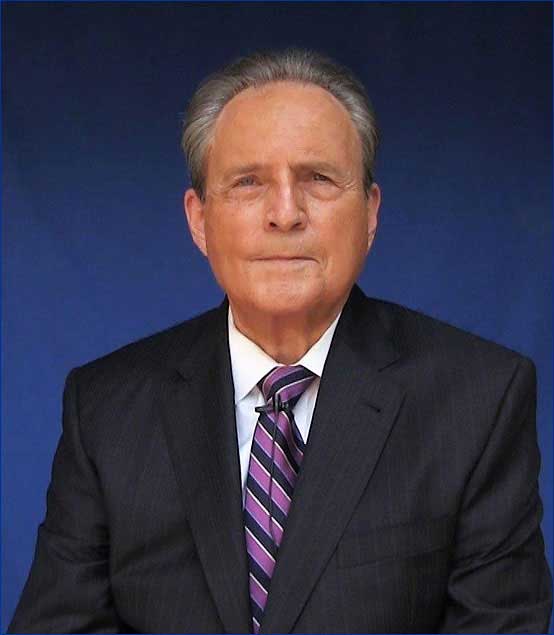Debt Relief Law Center, 3670 Maguire Boulevard, Suite 310, Orlando, FL 32803
Email Us: njtlaw@gmail.com
An unexpected illness or injury can quickly plunge you into debt. A visit to the emergency room can cost you thousands of dollars. Medical costs are constantly rising. Even with health insurance, you may be stuck paying a steep deductible.
Many times, medical debts are simply too high and consumers are sued for them. Some debt collectors specialize in collecting medical debt. Fortunately, high-volume debt collectors have sloppy practices that may help your defense. Even a modest defense will result in a substantially improved legal position. I can help you challenge the legal admissibility of every bill and record used against you. I can help you enforce all privacy laws prohibiting the release of your medical records without your consent. Debt collectors may not access your confidential medical information.
In 2019, an estimated 9.2 million people aged 19 to 64 were contacted by a collection agency because of a billing mistake, according to research by the Commonwealth Fund, a nonprofit research group, while 30 million were contacted by a collection agency because of an unpaid medical bill.

DEBT RELIEF LAW CENTER CASE
EVALUATION QUICK FORM
Medical bills are the leading cause of bankruptcies in the United States, according to a study by the American Journal of Medicine. Even more alarming, 80% of those who filed bankruptcy due to medical debt actually had health insurance and their debt was low ($18,000) compared to those who filed but didn’t have health insurance ($27,000). Needless to say, medical debt is a serious issue in the United States. Medical bills are quite serious and can cripple your finances. Hopefully, you can deal with your medical debt before it pushes you to bankruptcy.
Make sure you have a bill, not just an explanation of benefits.
Read through the mail to make sure you actually have a balance due. Sometimes the health insurance company sends an explanation of benefits to explain what’s been paid on your behalf. The EOB can actually give you a heads up to medical bills that are on their way. If the EOB shows the insurance company only paid part of the claim, you can expect the doctor’s office to send a bill soon.
Verify the item isn’t covered by insurance.
Medical billing is complex and mistakes often occur. Make sure your doctor’s office or hospital billed your insurance company for the right services and follow up with the insurance company to figure out why the bill was not paid. Asking for debt validation and verification is important in clearing up mistakes and can save you thousands of dollars.
Make payment arrangements.
Be prompt in contacting your doctor’s office or hospital if you cannot pay your bill in full. Let them know that you plan to follow up your insurance company. The doctor’s office or hospital should know that you are not just ignoring the bill. If you are responsible for the balance, ask for a payment plan. Make sure you review your budget to figure out what you can afford. As with any other bill, make your payments on time each month. Otherwise, your account may be sent to a collection agency despite your previous payments.
Find out if you qualify for Medicaid.
Medicaid is a health insurance for low-income residents who can’t afford their medical care expenses. Qualification criteria vary by state, so you must contact your state Medicaid office to find out if you qualify. (Your child may be eligible for Medicaid even if you are not.) If you qualify, Medicaid can be used to pay for medical expenses you have already incurred, but only within a certain time frame, so apply as soon as possible after receive a medical bill.
If you are being abused by debt collectors concerning medical debt, please contact me for a free consultation.
3670 Maguire Boulevard Suite 310, Orlando, FL 32803
Mon-Fri 9am-5pm

DISCLAIMER: The hiring of a lawyer is an important decision that should not be based solely upon advertisements. Before you decide, ask the lawyer to send you free written information about their qualifications and experience. This website has been prepared for informational purposes only and not as legal advice. Neither the transmission, nor your receipt of information from this website creates an attorney-client relationship, which can only be formed in writing between you and the attorney you choose to represent you.
Copyright 2021 Consumer Rights. All rights reserved.